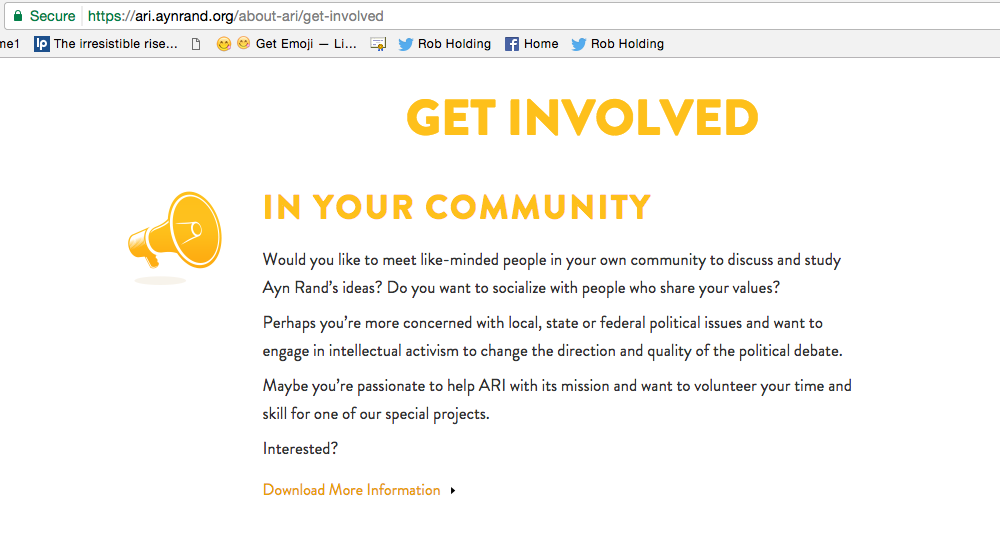 If you have ever been interviewed for a job, you are familiar with some version of the question “What’s your greatest weakness?”
If you have ever been interviewed for a job, you are familiar with some version of the question “What’s your greatest weakness?”
My greatest weakness is the couch and a great day’s lineup on the classic movie channel here in the USA. But I know that’s not what someone in a job interview is wanting to know. Rather, they want to know what my greatest weakness is in the workplace.
Of course, so many people answer this question with, “I love to work! I’m a workaholic!” Spoiler alert: I don’t say that and saying it doesn’t make a person a good candidate. A workaholic is unhealthy for both employee and employer.
The reality is that “What’s your greatest weakness?” is a bad job interview question. All it does is make interviewees nervous and set them up for failure later. The potential hire is declaring to a potential employer, “Here’s what you need to be on the lookout for if you hire me!” And the employer WILL remember the declaration and be on the lookout for it – and probably be hypersensitive to any hint of a new employee showing it, in fact. Were it to be a truly fair question, everyone in the room would share their biggest weakness with each other, so the potential employee could decide if it’s the right office culture for him or her.
When I am interviewing candidates, I never ask that question. Instead, I ask “What frustrates you most in the workplace and how did you address it?” I’m not looking for a “Oh, nothing frustrates me, I love work!” answer. I’m not looking for a red flag either. What I’m trying to do is to see how self-aware someone is and trying to just get a feel for what kind of person they are. A red flag would be “I’m never frustrated in the workplace!”
But, with all that said, when I’m asked that “What’s your greatest weakness?” question in a job interview, I am honest. And my answer is this:
I ask a lot of questions and, often, this really frustrates my co-workers.
When someone introduces a new project, or when I join an initiative, even one that I’m familiar with, I ask a lot of questions. I’m not trying to be critical and I’m not trying to play “gotcha” – I trying to understand an activity as completely as possible. I don’t just ask if something happens, but how it happens and who is responsible for different pieces of a project. The answers help me be clearer in my communications, help me know my own responsibilities and help me to be able to better support co-workers. It also keeps me from making a lot of mistakes that can hurt a project later.
Unfortunately for me, people often find my questions annoying. So many people see questions as criticism, even as a personal attack, especially if they cannot answer all of the questions. People starting new projects or people who haven’t introduced someone new to a project in a long while often haven’t thought about some of the issues I raise, and I think they feel called out when I ask my questions. People managing established projects are often shocked that I have questions, especially if it’s a project that has existed for several years. Again, I’m just trying to understand so that I can do the best job possible and prevent avoidable mistakes on my part.
In an effort to not seem critical, I often find myself prefacing my questions with apologies, something so many women do in order to try to head off any feelings that we’re “too aggressive.” Apologies I find myself making are statements like “I’m so sorry to bother everyone with this, but…” or “I’m sorry if the answer to this is already on your project web site but…” or “I hope everyone can be patient with me, but I don’t think I’m clear on some things…” These kinds of self-depreciating apologies that women are conditioned to do are not something most men are conditioned to do. Women are conditioned to want to be liked and to assume responsibility for others’ feelings. Women apologize for being direct in an effort to somehow justify our questions, even our opinions. Professional women are told in so many ways: be assertive, but only if it doesn’t upset anyone else. It doesn’t matter how calm a woman remains, how civil a woman’s demeanor, how cool and collected she remains: it DOES hurt to ask when you’re female in the workplace.
Dr. Robert Alberti and Michael Emmons, authors of Your Perfect Right, provide a few questions to consider before choosing to be assertive, as quoted in the blog “Quit Being a Pushover: How to Be Assertive“:
- How much does it matter to you?
- Are you looking for a specific outcome or just to express yourself?
- Are you looking for a positive outcome? Might asserting yourself make things worse?
- Will you kick yourself if you don’t take action?
- What are the probable consequences and realistic risks from your possible assertion?
Note that this blog is from the blog The Art of Manliness, not from an article to help women… the advice for women trying to be assertive is far, far different. Google it for yourself if you don’t believe me.
Still, I find these questions helpful to me. These qeustions have often kept me from asking a question I really wanted to, but didn’t, because the political cost will be too great. It hurts not only to bite my tongue, but weeks or months later, watch someone have to deal with something that could have been prevented, and perhaps my question could have prevented it – but I chose not to speak up because the consequences for me in terms of hostility or defensiveness by co-workers just wasn’t worth it.
The other frustrating thing I do in the work place is to take notes. Later, I sometimes refer to those notes when there is some disagreement on what was said or decided. Again, I’m not trying to be hurtful or critical but, rather, to be clear. And, to be honest, I’m often trying to cover my butt, as we say in American English. If I’ve done something wrong, I will absolutely take responsibility for it, but if I’ve been directed to do it that way – sorry, but I’m giving credit where it’s due. It’s not an easy strategy because no matter how diplomatically or gently I try to reference decisions from a previous meeting, my thorough note-taking does sometimes end up making people angry – they feel called out. And, let’s face it, who likes to be proven wrong?
Perhaps my weakness is that I like things explicit and transparent.
I offer this blog both as sympathy and encouragement to others like me, as well as a warning to potential employers of me. But before you shrink away in horror, I also ask this: wouldn’t you rather it was me, someone on your team, asking tough questions, rather than a potential funder or member of the press? Bridges are supposed to be stressed tested. Think of your project as the bridge and me the test…
Also see:
Frank description of what it’s like to work in communications in the UN







